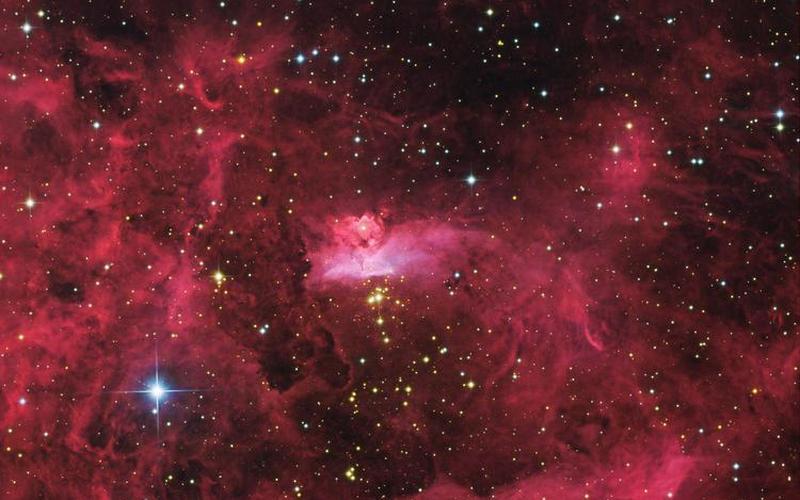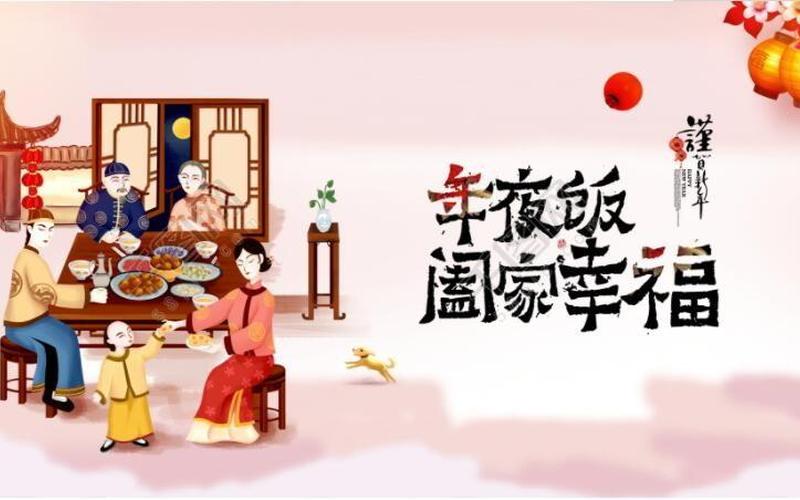The Enchanting Beauty of Higanbana

The Higanbana, also known as the red spider lily, is a flower that captivates hearts with its enchanting beauty. In this article, we will explore the various aspects of the Higanbana and delve into its English name, "The Enchanting Beauty of Higanbana." From its appearance to its symboli *** , let us embark on a journey to discover the allure of this me *** erizing flower.
Appearance
The Higanbana is a stunning flower that showcases a vibrant red hue, reminiscent of a blazing fire. Its petals are slender and elongated, resembling the delicate legs of a spider, hence its nickname, the red spider lily. The flower stands tall on a slender stem, reaching towards the sky with grace and elegance. Its beauty is further enhanced by the contrast between its fiery red petals and the lush green foliage that surrounds it.
The Enchanting Beauty of Higanbana lies in its ability to captivate onlookers with its striking appearance. Its vibrant color and unique shape make it a standout among other flowers, attracting attention and leaving a lasting impression.
Symboli ***
The Higanbana holds deep symboli *** in various cultures. In Japanese folklore, it is often associated with death and the afterlife. It is believed that these flowers bloom along the path that leads to the underworld, guiding souls to their final resting place. This association with death has also given the Higanbana a sense of mystery and allure. Its enchanting beauty is intertwined with the concept of life's transient nature, reminding us to cherish every moment.
Furthermore, the Higanbana symbolizes reincarnation and rebirth. Its appearance in the autumn season signifies the cycle of life, as it blooms amidst the falling leaves and fading colors. The flower's resilience and ability to thrive in harsh conditions serve as a reminder of the beauty that can emerge from adversity.
Cultural Significance
In Japan, the Higanbana holds a special place in cultural celebrations. It is often seen in cemeteries during the autumn equinox, known as Higan, when families gather to honor their ancestors. The flower's presence during this time adds a touch of beauty and solemnity to the proceedings, creating a serene atmosphere.
Additionally, the Higanbana has inspired numerous works of art, literature, and poetry. Its ethereal beauty has been depicted in paintings and captured in the verses of renowned poets, further cementing its status as an emblem of enchantment.
Medicinal Uses
Beyond its aesthetic appeal, the Higanbana possesses medicinal properties. In traditional Chinese medicine, its bulbs are used to treat various ailments, including inflammation and digestive issues. The flower's extracts have also been studied for their potential anti-cancer properties, offering hope in the field of medical research.
Conservation Efforts
Despite its captivating allure, the Higanbana is facing challenges in terms of conservation. Habitat loss and over-harvesting have led to a decline in its population. Efforts are being made to protect and preserve this enchanting flower, ensuring that future generations can continue to marvel at its beauty.
Conclusion
The Higanbana, known as "The Enchanting Beauty of Higanbana," is a flower that captivates hearts with its vibrant red petals and slender shape. Its symboli *** , cultural significance, medicinal uses, and conservation efforts all contribute to its allure. As we admire the Higanbana, let us be reminded of the transient nature of life and the beauty that can emerge from even the harshest of circumstances. May this enchanting flower continue to inspire and captivate for generations to come.







